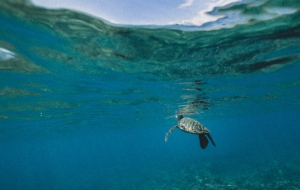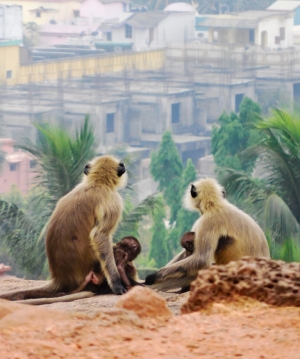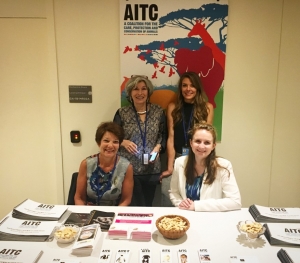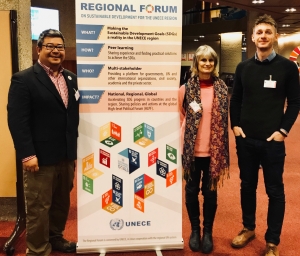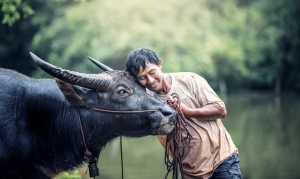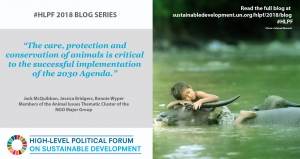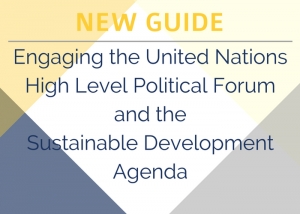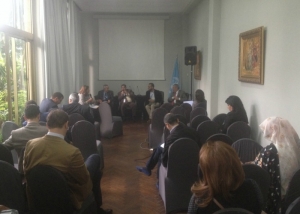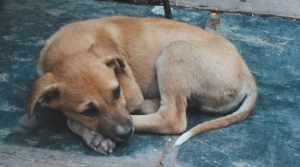Displaying items by tag: Sustainable Development Goals
Time to take action. Oceans can’t wait.
Just in Time for World Animal Day, UN Global Sustainable Development Report Identifies Animal Welfare as Issue Missing from the Sustainable Development Agenda
World Animal Net to Continue Leadership of the Animal Issues Thematic Cluster
World Animal Net, Cruelty Free International and FOUR PAWS International Bring Animals to Europe’s Sustainable Development Agenda
Call for Participation in Voluntary National Reviews!
World Animal Net Co-Authors Blog on the United Nations Sustainable Development Website!
WAN Releases New Guidance on Engaging the UN’s Sustainable Development Agenda
We are pleased to announce the release of a new resource, Guidance for Animal Protection Organizations: Engaging the United Nations High Level Political Forum and the Sustainable Development Agenda, providing information on how animal protection organizations can engage the Sustainable Development Agenda at the United Nations. The Sustainable Development Agenda is a useful policy stream for animal protection organizations to become active in because of the many areas in which sustainable development intersects with animal wellbeing. The Sustainable Development Agenda, also called the 2030 Agenda, contains 17 Sustainable Development Goals (SDGs), each of which comprises Targets (what needs to be achieved for the goal to be fully implemented) and Indicators (how can that achievement be measured).
World Animal Net Prepares for United Nations Environment Assembly 3
What, When, Where, Who?
At the moment, World Animal Net (WAN) is busy preparing to attend the United Nations Environment Assembly 3 (UNEA 3), which takes place in Nairobi, Kenya from 4-6 December. This year’s UNEA, which is the biennial event convened by UN Environment, is themed “Towards a Pollution-Free Planet” and brings together environmental ministers from member states around the world to find consensus on actions to globally solve the issue of pollution. In addition, this forum is a great opportunity for animal advocates to raise the issue of industrial animal agriculture, which is a major contributor to pollution of air, soil, and water, as well as being one of the major drivers of climate change.
WAN partners with RAPAD Morocco to Speak for Animals at UN Regional Meeting
As the UN’s 2017 High Level Political Forum (HLPF) draws near, regional preparatory meetings that feed into the HLPF are taking place around the world. Just two weeks ago, from 3-5 May, the Arab Forum for Sustainable Development took place in Rabat, Morocco. We were pleased to partner with RAPAD Morocco (the French acronym for the Associative Network for Animal Welfare and Sustainable Development), a national federation covering both animal protection and sustainability issues based in Morocco, who was able to attend the Forum and ensure that animals had a voice there.
Animal Welfare & Development
I find it unconscionable that animal welfare and human-animal relationships have not yet been mainstreamed in development policy and international development work. This despite the fact that there is a myriad of reasons why no country’s development should take place without giving full consideration to the situation and welfare needs of the sentient fellow animals sharing our territory, our homes, our work, our livelihoods, our leisure, and often our lives.

